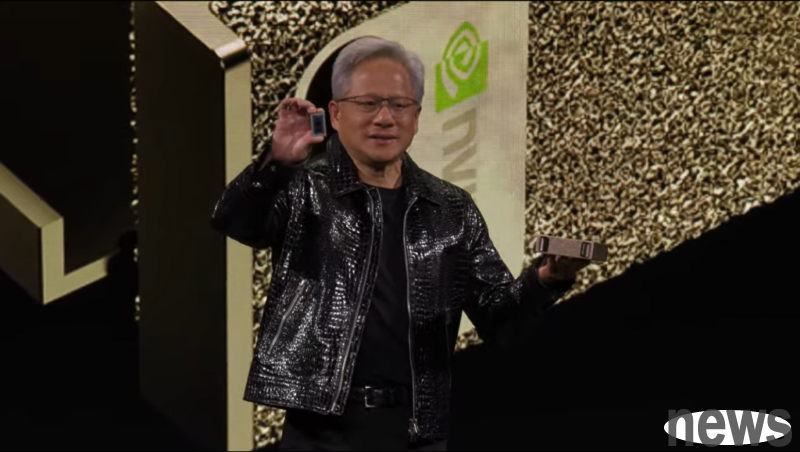
According to foreign media reports, the US government has personally approved the sale of some key artificial intelligence chips to the Chinese market by Commerce Secretary Howard Lutnick. However, it is confusing that the official business department is further blocking this high-level approval sales plan.
According to Reuters' exclusive report, this internal contradiction has caused NVIDIA to have not yet obtained the official permission to sell its key H20 artificial intelligence chips to China. H20 chips are regarded by the industry as one of the new product lines that NVIDIA complies with the US export control regulations and are further designed to continue to serve the Chinese market. However, the current sales permit of the chip has been slapped, causing business in the Chinese market to stop.
The report said that the underlying cause of this internal obstacle is the widespread administrative efficiency problem of the US Department of Commerce. Reuters' report pointed out that the U.S. Department of Commerce has currently compressed a large number of permit applications from all parties, and this serious pressure problem is largely due to internal uneasiness, including frequent personnel loss and disruption in communication with the industry. These internal operation challenges have caused huge obstacles to the normal review application permit process, affecting the operation efficiency and market expectations of the company.It is worth noting that the allowable provision of this NVIDIA chip sales occurred without complicating with the strong call of national security experts. Among them, these experts are urging the US government, especially the current Trump administration, to further restrict companies such as NVIDIA to sell their H20 artificial intelligence chips to China on the grounds of maintaining national security. This means that the current US government is not only facing pressure from the industry in terms of science and technology export control policies, but also facing a strong stand-alone from the national security field, making the decision process more complicated.
Overall, this incident highlights the disagreement between approval and execution levels within the US government in terms of China's science and technology policy, as well as the continuous pull between business interests and national security considerations. This not only brings uncertainty to technology manufacturers like NVIDIA, but also reflects the complex and multi-field challenges that the United States should face with China's technology competition.